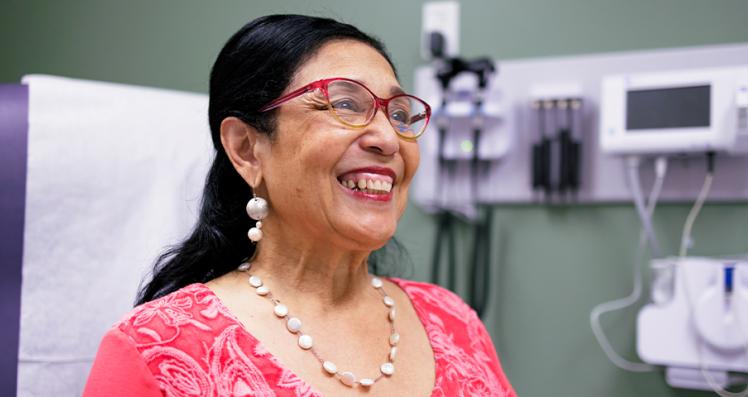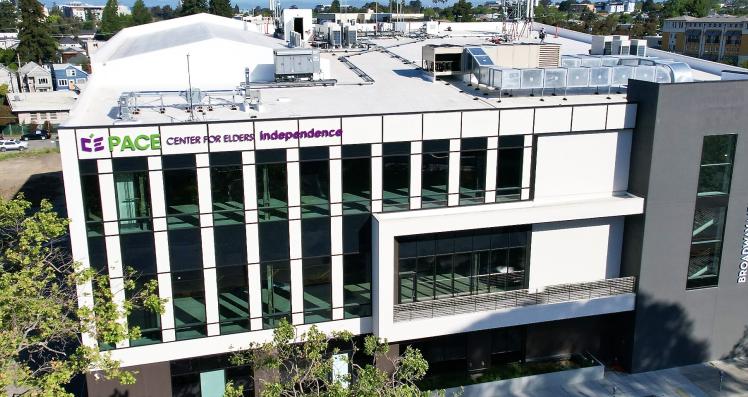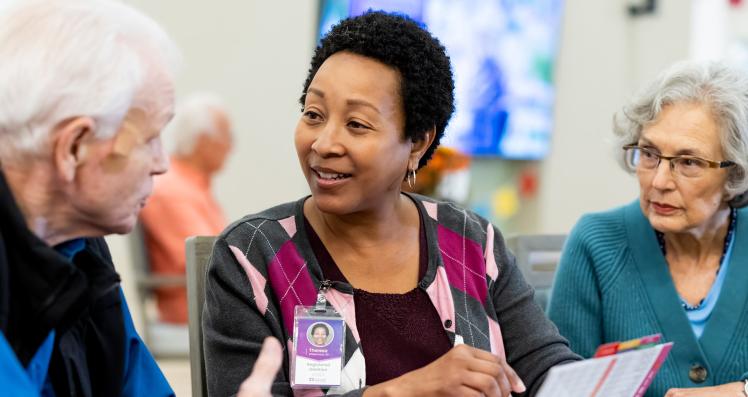
As we age, regular checkups become more and more important for maintaining our health. While it can be easy to forget about annual screenings and physicals, these checkups are crucial for addressing age-related and general health concerns.
Per CEI’s Chief Medical Officer, James Mittelberger, MD, MPH, "It is important that every senior work with their provider to review their medications, mobility issues, cognition and what matters most to them to ensure they get the right medical care."
This guide outlines the key aspects of your well-being that will be monitored during checkups, including blood pressure, cholesterol, vision, and hearing.
Blood Pressure
High blood pressure—also known as hypertension—is common among older adults and can lead to severe health issues if left unmanaged. The Department of Health and Human Services recommends adults over the age of 40 have their blood pressure checked at least once a year, something that can be done during your yearly physical. For seniors with a history of hypertension or other cardiovascular disease, it’s important to consult with a physician, as they may recommend more regular checkups.
For those diagnosed with high blood pressure, lifestyle changes such as reducing sodium intake, maintaining a healthy weight, staying physically active, and getting enough sleep can lead to improvements. For severe cases, medications may also be prescribed if necessary.
Cholesterol
Cardiovascular disease (CVD) is the leading cause of death in the United States. Monitoring your cholesterol levels is a vital part of preventing CVD, especially as we age and grow more susceptible to illness. Those diagnosed with high cholesterol may need to make lifestyle and dietary changes, such as increasing fiber and reducing saturated fats, trans fats, sodium, and added sugars.
Medications are often prescribed to help manage high cholesterol. Seniors should talk to their doctor about the benefits and risks associated with these cholesterol-lowering medications to determine if it’s right for them.
Vision
The American Optometric Association (AOA) recommends annual comprehensive eye exams for adults aged 65 and older. Age-related conditions like cataracts, glaucoma, and macular degeneration can significantly impact quality of life if not detected and treated in their early stages.
To maintain good vision, seniors should wear sunglasses to avoid sun damage to the eyes. In addition, diets rich in nutrients such as lutein and omega-3 fatty acids can promote good eye health. Most importantly, regular checkups can help identify changes in vision or warning signs, providing timely interventions that can preserve eyesight.
Hearing
Hearing loss is a common issue among seniors. According to the National Institute on Aging, about one-third of older adults have hearing loss. Individuals aged 65 years and older should have their hearing checked every 1-3 years. Regular screening is vital, as early detection allows for timely intervention with the use of hearing aids or assistive listening devices, which can improve daily interactions and reduce social isolation. It can help diagnose conditions such as tinnitus or age-related hearing loss.
for timely intervention with the use of hearing aids or assistive listening devices, which can improve daily interactions and reduce social isolation. It can help diagnose conditions such as tinnitus or age-related hearing loss.
To protect hearing health, seniors should avoid prolonged exposure to loud noises and use ear protection when necessary.
Complete Care with CEI
Proactive health monitoring is essential for seniors to maintain a high quality of life and prevent chronic diseases. The CEI PACE program can help. Our services include complete medical care, tailored health plans, pharmacy services, transportation, social programs, and so much more. To get started, call us at (844) 319-1150.

